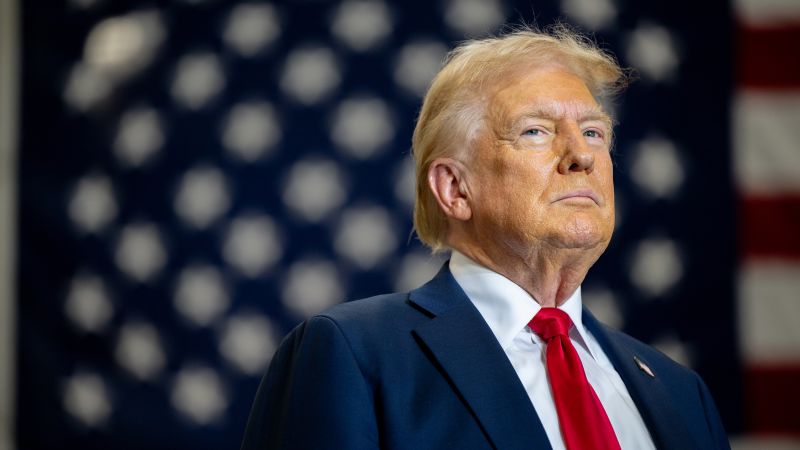Former President Donald Trump has proposed a series of policies to address the affordability crisis in the United States, including imposing tariffs, increasing deportations, and influencing interest rate decisions. However, a new analysis by the Peterson Institute for International Economics suggests that these measures would not only fail to solve inflation but would actually make it worse. The working paper found that Trump’s agenda would lead to weaker economic growth, higher inflation, and lower employment, with potential negative impacts lasting through 2040.
The analysis, which is the most comprehensive to date on the combined impact of Trump’s trade, immigration, and Federal Reserve proposals, revealed stark findings. Even in a low scenario where only a small number of undocumented workers are deported and other countries do not retaliate against Trump’s tariffs, employment would fall by 2.7% in 2028, and inflation would reach 6% by 2026. In a high scenario with increased deportations and retaliatory tariffs, employment could drop by 9% by 2028, and inflation could surge to 9.3% by 2026, with a 9.7% decrease in GDP.
The paper suggests that Trump’s proposed policies would cause a significant loss of employment, particularly in manufacturing and agriculture, while leading to a large inflationary impulse in the US economy. The loss of Fed independence could result in permanently higher inflation and lead to ever-increasing prices across various sectors. Trump’s tax cuts were also factored into the analysis, although other policy proposals were not included. The Trump campaign has dismissed the findings, claiming that Trump’s policies will ultimately fuel growth, decrease inflation, and support American manufacturing, contrary to expert warnings.
Despite warnings from mainstream economists, the economy remains a top issue for voters in the upcoming election, with Trump leading in trust over Vice President Kamala Harris to handle the economy. The paper concludes that Trump’s policies on immigration, trade, and the Fed would result in a decline in US production and employment, along with higher inflation. The most damaging element of these policies would be the proposed immigration crackdown, which could have severe economic repercussions if implemented on a large scale.
On the trade front, Trump has advocated for tariffs as a means to revive US manufacturing, although the research suggests that tariffs would hurt the manufacturing sector the most. The potential for other countries to retaliate against US tariffs could lead to a recession, posing a serious threat to the economy. Additionally, Trump has voiced intentions to exert direct power over Fed policy on interest rates, a move that could erode Fed independence and have detrimental effects on inflation, capital flows, and unemployment, ultimately worsening American living standards.
The paper highlights the importance of maintaining central bank independence to prevent political interference that could lead to unfavorable economic outcomes. Fed Chair Jerome Powell, nominated by Trump in 2017, has emphasized the need for the central bank to serve all Americans and avoid favoring political figures or causes. The analysis serves as a cautionary reminder of the potential negative impacts of Trump’s proposed policies on the US economy and living standards if implemented.


